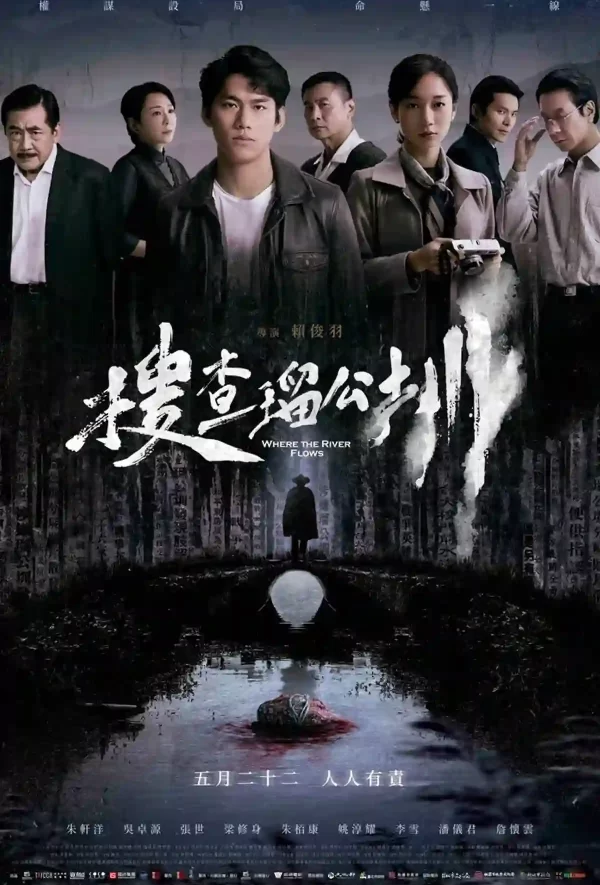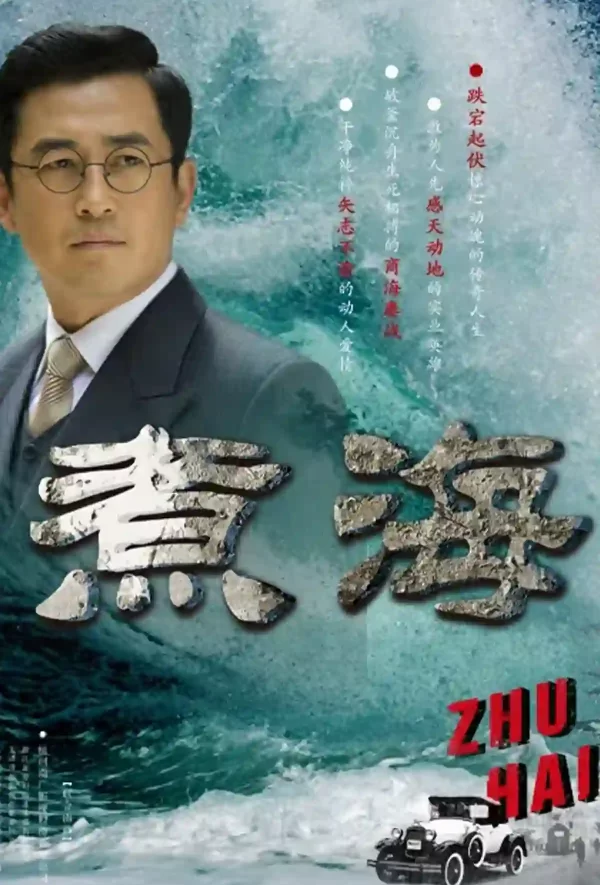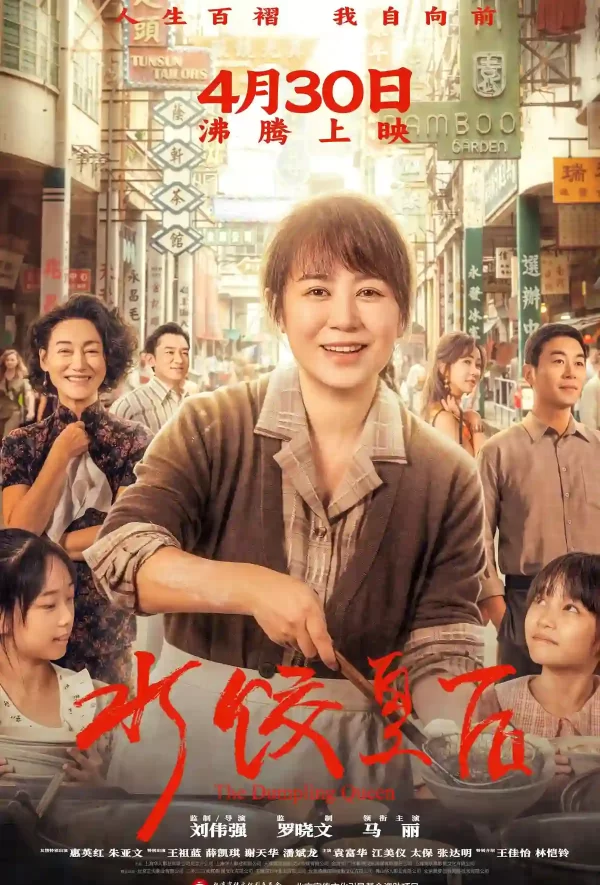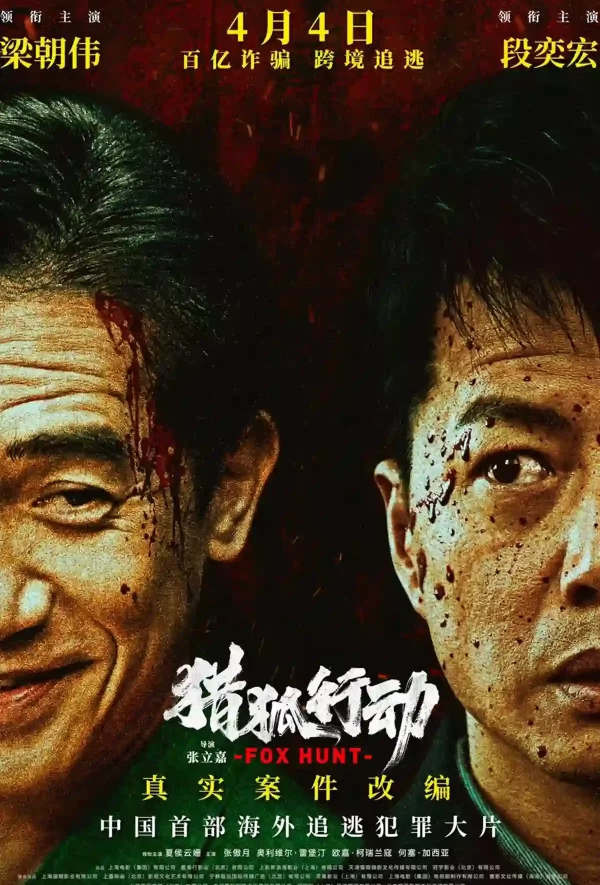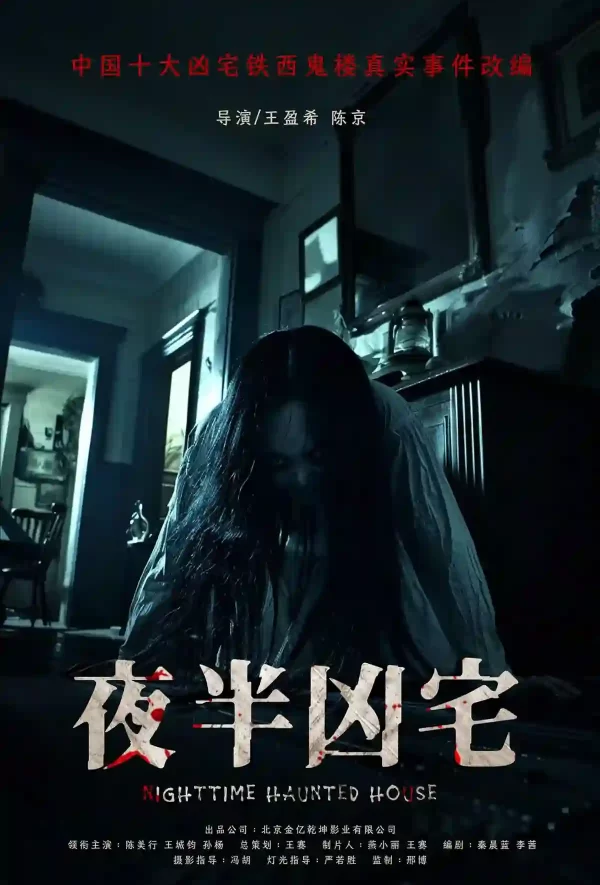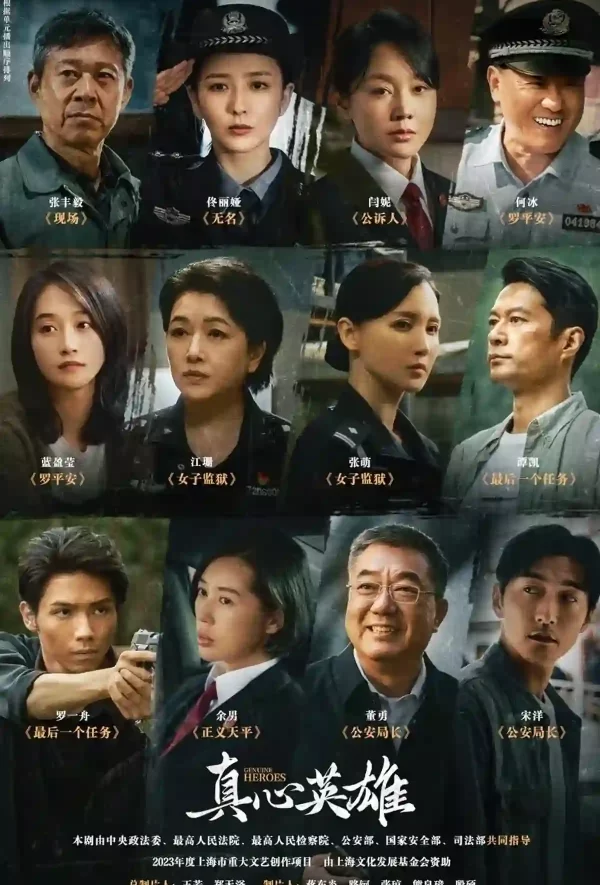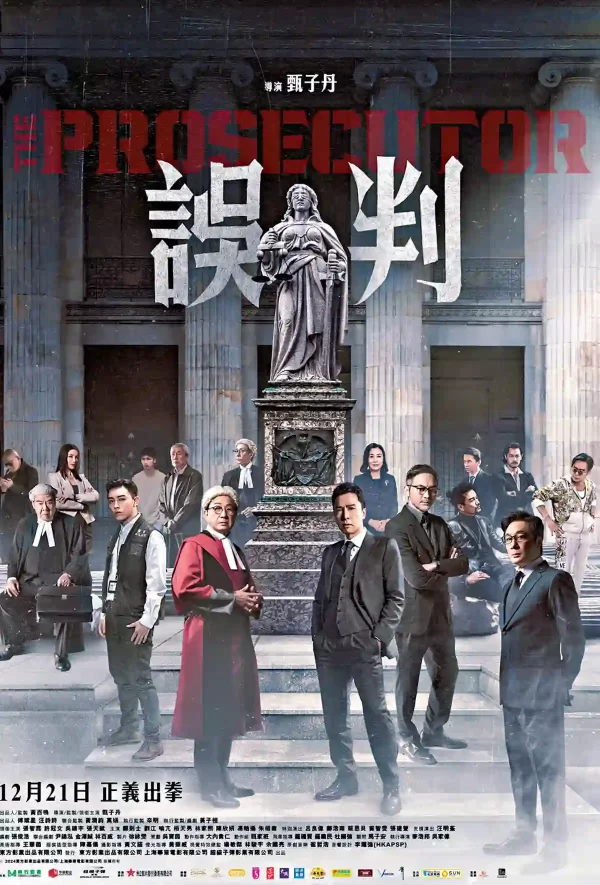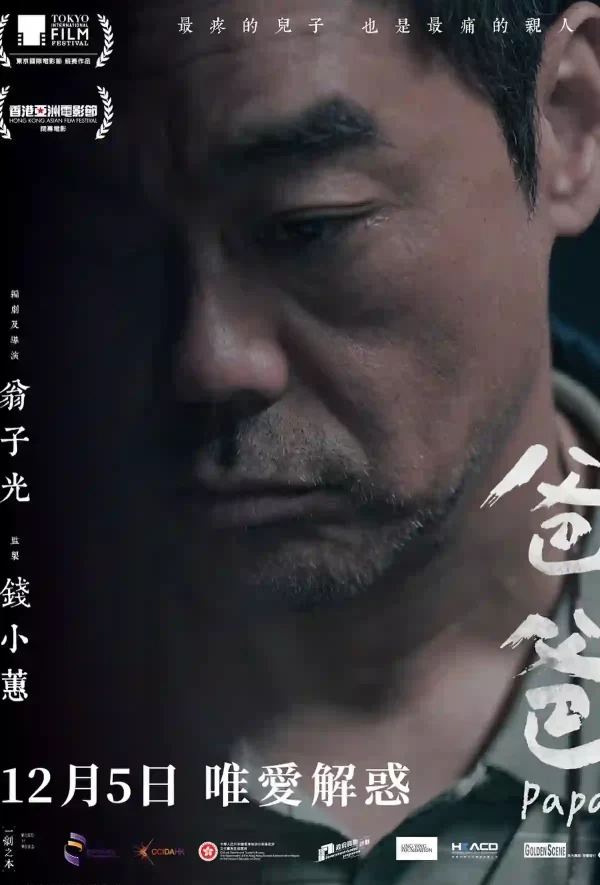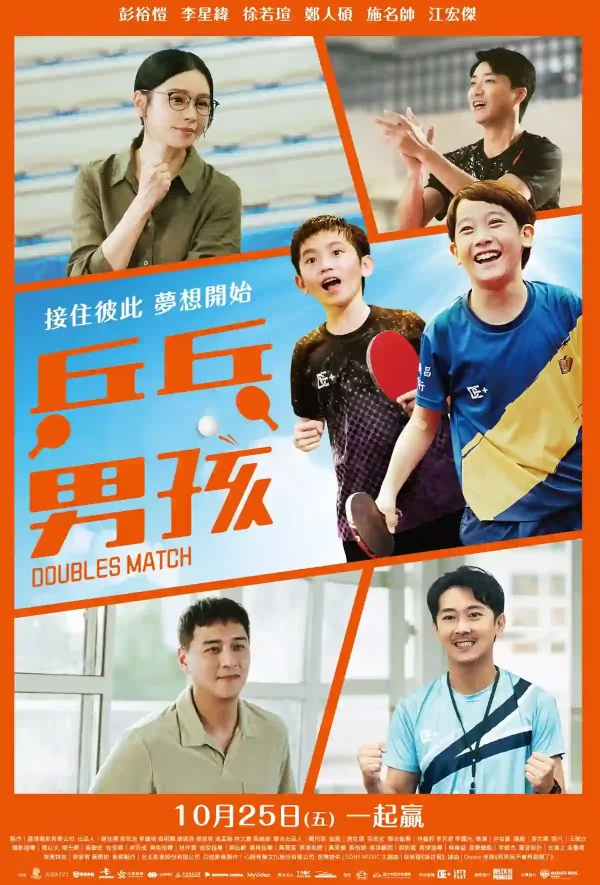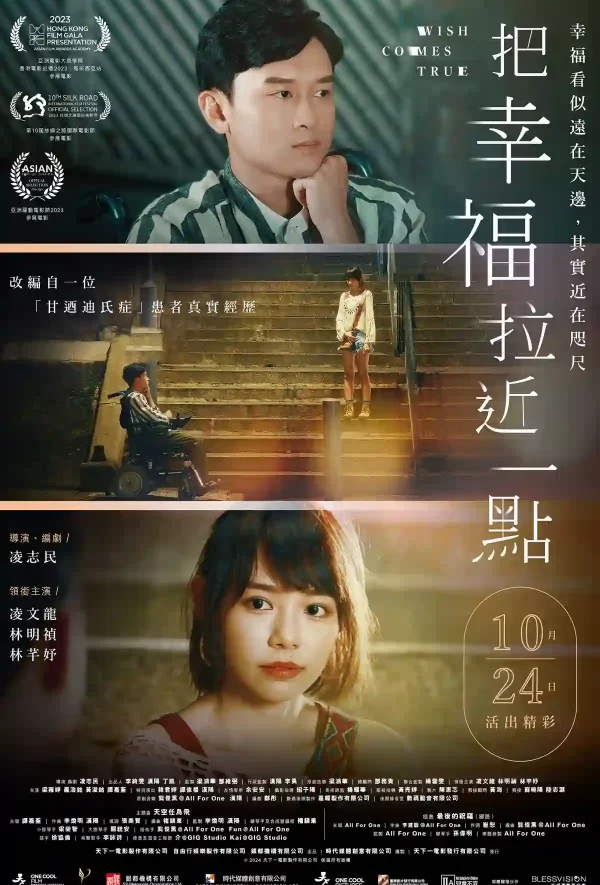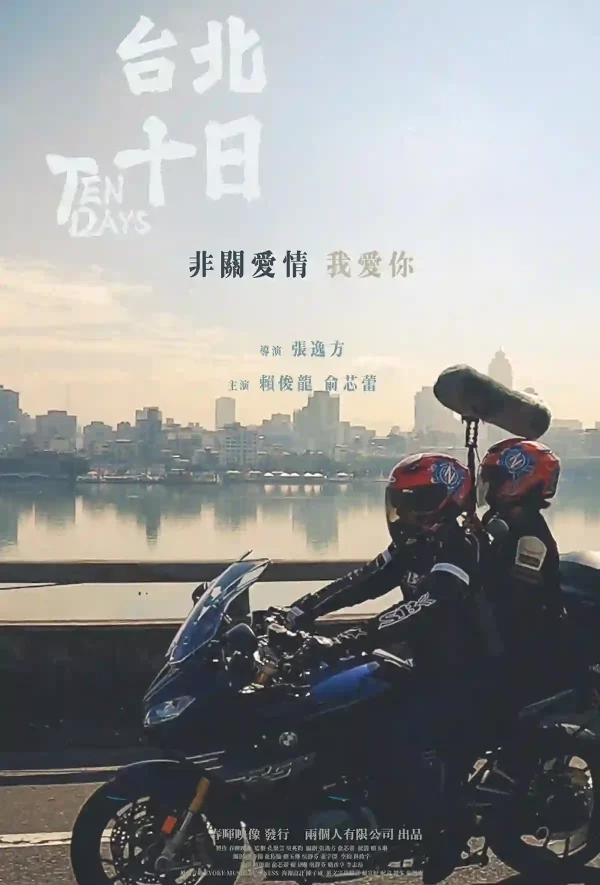Where the River Flows
Plot Core: The Canal Woman’s Corpse Case Ignites an Era’s Storm
In 1961 Taipei under martial law, detective Zhao Ziwu (played by Berant Zhu) and journalist Zhang Xiuxiu (played by Julia Wu) discover a dismembered, unidentified female corpse in the Liugong Canal on Xinsheng South Road. As they join forces to investigate, they face multiple obstacles:
Media Manipulation and Public Trial: The newspaper fabricates sensational reports to boost sales, misleading the public to blame the military;
Political Conspiracy: Special agent Bai Chaoyang (played by Yao Chun-yao) from the police headquarters interferes with the investigation using torture, attempting to cover up the truth;
Torn Between Family and Justice: Zhao Ziwu’s father, General Zhao Zhisheng (played by Chang Shih), is suddenly accused as the suspect, forcing Zhao to choose between family honor and judicial justice.
Ultimately, the two break through political suppression and media siege, exposing the real culprit and vindicating the wronged, while directly pointing to the distortion of humanity and resistance under the martial law regime.Production Journey: Seven Years of Historical Research to Recreate the Scene
Period Accuracy: The crew referred to Taipei’s 1960s landscape, filming on location at historical sites such as Beitou’s Zhongxin Village and Xin Fangchun Tea Shop, recreating the grim atmosphere of martial law;
Language Details: To portray the son of a mainland Chinese general, Zhu Xuanyang diligently learned the Sichuan dialect, earning Zhang Shi’s praise for conveying the emotional depth of an unfamiliar language;
Case Restoration: Director Lai Chun-yu collected extensive judicial files and news archives, integrating key real-case elements such as "dismembered body parts discarded in the canal" and "military involvement suspicions" into the script.
Character Depth: Award-Winning Actors Portraying the Era
Chang Shih as General Zhao Zhisheng: Drawing from his own experience growing up in military dependents’ villages, he portrays the iron-willed and restrained authoritarian father. A courtroom scene with tearful shouting “Military honor must not be defamed” moved the entire crew to tears during filming;
Berant Zhu as Detective Zhao Ziwu: Depicts the awkward position of “a general’s son becoming a police officer,” evolving from impulsive investigation to a calm resolution, praised by critics as a “career breakthrough performance”;
Yao Chun-yao as Police Headquarters Special Agent: Returning to villain roles after Copycat Killer, he embodies the “underground king of hell” image to showcase institutional violence, admitting his role “tests the moral limits of human nature.”
Social Response: Contemporary Reflection of Historical Wounds
The film has sparked multiple discussions even before release:
Transitional Justice Issues: Using the dismemberment case as a metaphor for the White Terror during martial law, resonating with Taiwan’s social quest for historical truth;
Media Ethics Critique: The journalist character confronts the moral dilemma between press freedom and sensationalism, reflecting today’s fake news phenomena;
Father-Son Conflict Resonance: The conflict scenes between Zhang Shi and Zhu Xuanyang evoke reflections on Chinese patriarchal culture. Chang Shih confessed, “Acting it felt like seeing my rebellious younger self.”
The film also received support from the Taiwan Creative Content Agency and was selected for a special screening at the 2025 Taiwan International Documentary Festival.
Release Information and Further Highlights
Special Recommendations: Those interested in “period recreation” should focus on the cold-toned aesthetics of the police headquarters torture scenes; fans of “acting duels” must not miss the long take of Chang Shih and Berant Zhu’s “General’s Mansion confrontation”;
Historical Connection: The film is accompanied by a graphic novel adaptation written by author Sheng Haowei, supplementing the historical context of the case.
Where the River Flows uses “a bloody case as the hook, an era as the backdrop,” not only recreating a mysterious cold case in Taiwan’s judicial history but also adding a dramatic footnote to martial law history. As director Lai Chun-yu says: “This film is a key that opens a forgotten room — inside lies both darkness and light waiting to be seen.”
- Keywords
- Release Date2025 年 5 月 22 日
- Regions
- Production Companies
- Distributors
- Runtime1 hour 49 minutes
- Picture Format
- Version of
Adapted from real events
- User Reviews
- IMDb RatingN/A
